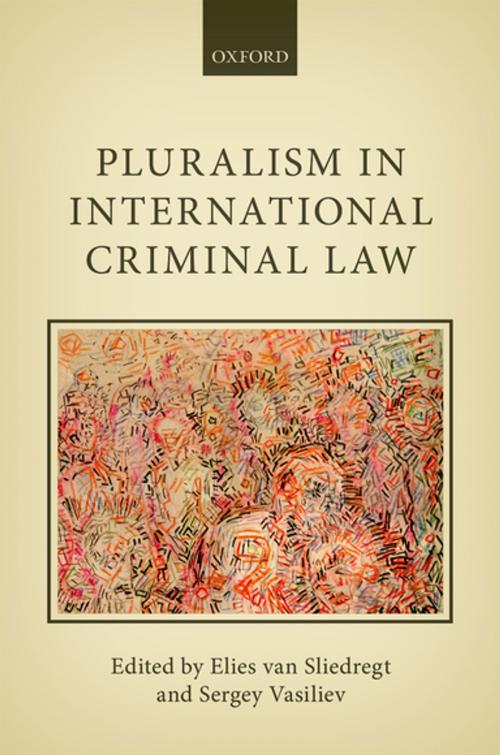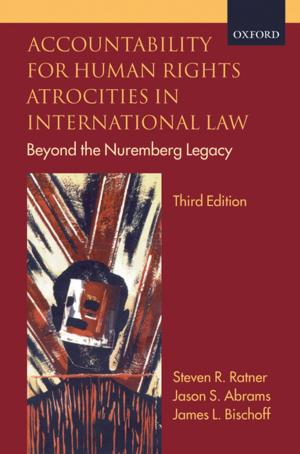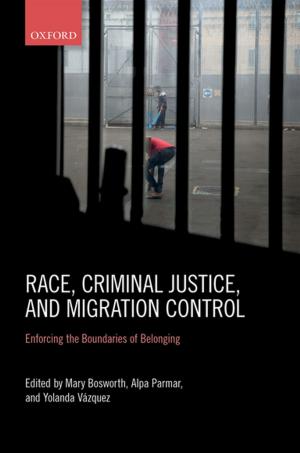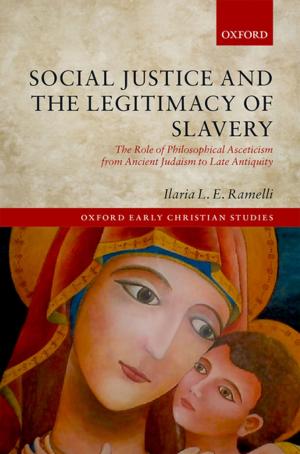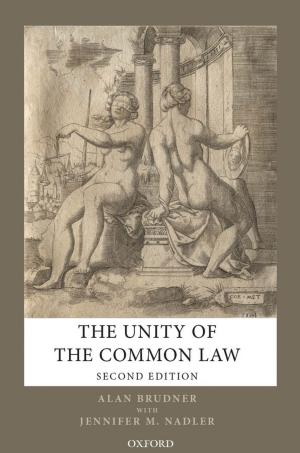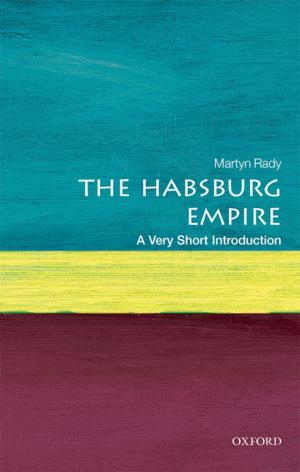Pluralism in International Criminal Law
Nonfiction, Reference & Language, Law, International, Criminal law| Author: | ISBN: | 9780191008290 | |
| Publisher: | OUP Oxford | Publication: | October 2, 2014 |
| Imprint: | OUP Oxford | Language: | English |
| Author: | |
| ISBN: | 9780191008290 |
| Publisher: | OUP Oxford |
| Publication: | October 2, 2014 |
| Imprint: | OUP Oxford |
| Language: | English |
Despite the growth in international criminal courts and tribunals, the majority of cases concerning international criminal law are prosecuted at the domestic level. This means that both international and domestic courts have to contend with a plethora of relevant, but often contradictory, judgments by international institutions and by other domestic courts. This book provides a detailed investigation into the impact this pluralism has had on international criminal law and procedure, and examines the key problems which arise from it. The work identifies the various interpretations of the concept of pluralism and discusses how it manifests in a broad range of aspects of international criminal law and practice. These include substantive jurisdiction, the definition of crimes, modes of individual criminal responsibility for international crimes, sentencing, fair trial rights, law of evidence, truth-finding, and challenges faced by both international and domestic courts in gathering, testing and evaluating evidence. Authored by leading practitioners and academics in the field, the book employs pluralism as a methodological tool to advance the debate beyond the classic view of 'legal pluralism' leading to a problematic fragmentation of the international legal order. It argues instead that pluralism is a fundamental and indispensable feature of international criminal law which permeates it on several levels: through multiple legal regimes and enforcement fora, diversified sources and interpretations of concepts, and numerous identities underpinning the law and practice. The book addresses the virtues and dangers of pluralism, reflecting on the need for, and prospects of, harmonization of international criminal law around a common grammar. It ultimately brings together the theories of legal pluralism, the comparative law discourse on legal transplants, harmonization, and convergence, and the international legal debate on fragmentation to show where pluralism and divergence will need to be accepted as regular, and even beneficial, features of international criminal justice.
Despite the growth in international criminal courts and tribunals, the majority of cases concerning international criminal law are prosecuted at the domestic level. This means that both international and domestic courts have to contend with a plethora of relevant, but often contradictory, judgments by international institutions and by other domestic courts. This book provides a detailed investigation into the impact this pluralism has had on international criminal law and procedure, and examines the key problems which arise from it. The work identifies the various interpretations of the concept of pluralism and discusses how it manifests in a broad range of aspects of international criminal law and practice. These include substantive jurisdiction, the definition of crimes, modes of individual criminal responsibility for international crimes, sentencing, fair trial rights, law of evidence, truth-finding, and challenges faced by both international and domestic courts in gathering, testing and evaluating evidence. Authored by leading practitioners and academics in the field, the book employs pluralism as a methodological tool to advance the debate beyond the classic view of 'legal pluralism' leading to a problematic fragmentation of the international legal order. It argues instead that pluralism is a fundamental and indispensable feature of international criminal law which permeates it on several levels: through multiple legal regimes and enforcement fora, diversified sources and interpretations of concepts, and numerous identities underpinning the law and practice. The book addresses the virtues and dangers of pluralism, reflecting on the need for, and prospects of, harmonization of international criminal law around a common grammar. It ultimately brings together the theories of legal pluralism, the comparative law discourse on legal transplants, harmonization, and convergence, and the international legal debate on fragmentation to show where pluralism and divergence will need to be accepted as regular, and even beneficial, features of international criminal justice.
